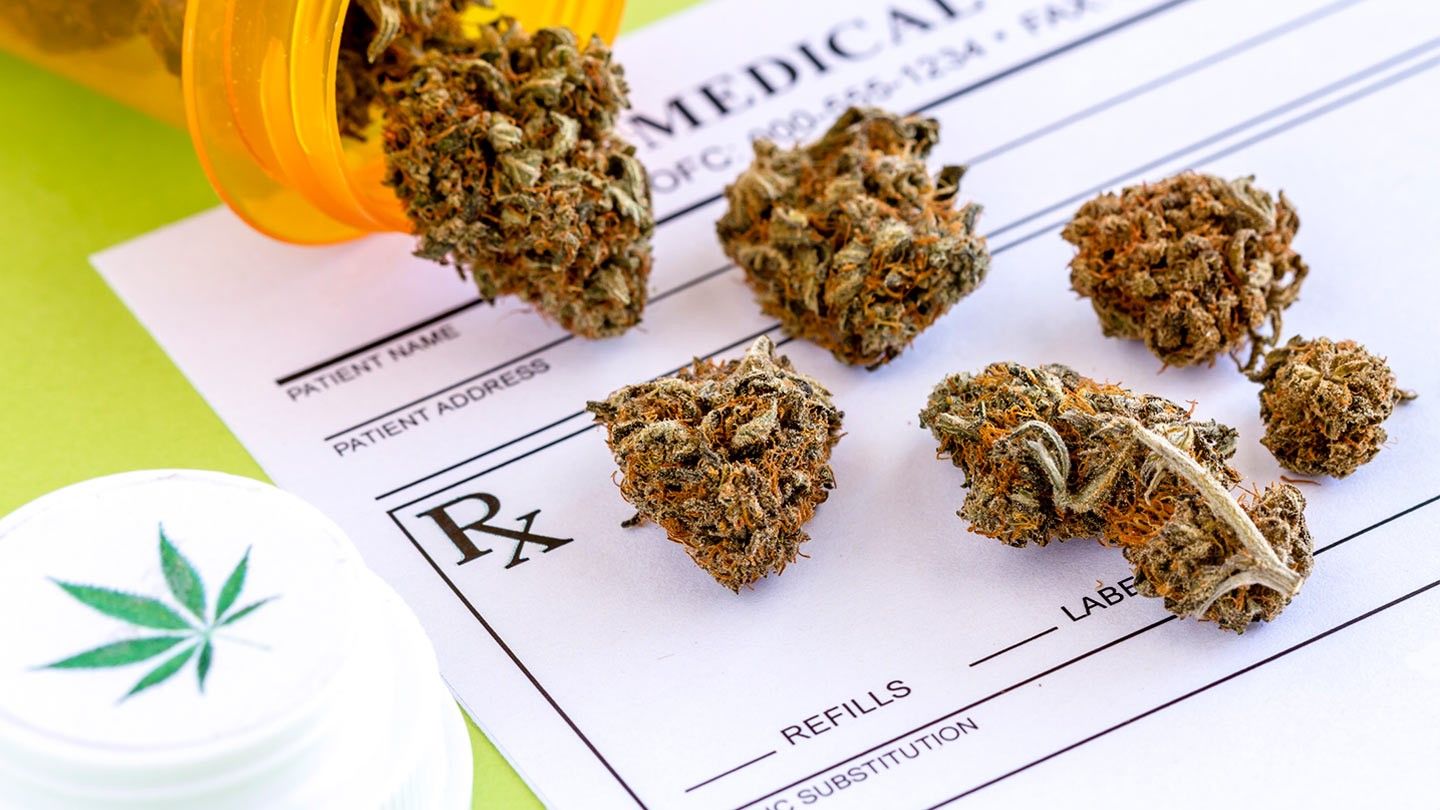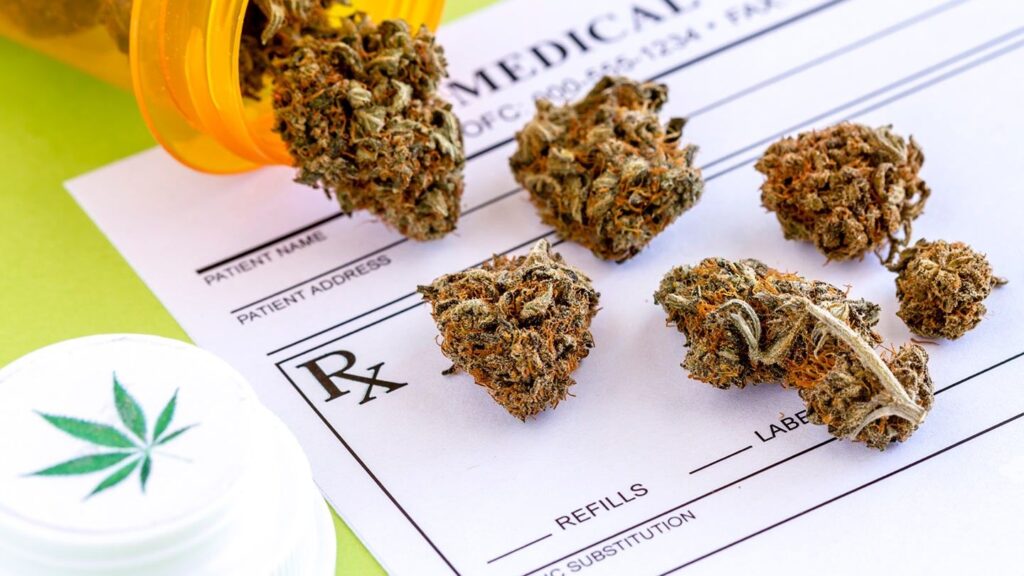
A plethora of studies has found negative associations between cannabis use and health. They are listed below.

Mental health problems
Daily cannabis use is believed to exacerbate existing symptoms of bipolar disorder among people who have this mental health problem. However, the National Academies of Sciences, Engineering, and Medicine report suggest that among people with no history of the condition, there is only limited evidence of a link between cannabis use and developing bipolar disorder.
Moderate evidence suggests that regular cannabis users are more likely to experience suicidal thoughts, and there is a small increased risk of depression among cannabis users.
Cannabis use is likely to increase the risk of psychosis, including schizophrenia. But a curious finding among people with schizophrenia and other psychoses is that a history of cannabis use is linked with improved performance on tests assessing learning and memory.
Testicular cancer
Although there is no evidence to suggest any link between using cannabis and an increased risk for most cancers, the National Academies of Sciences did find some evidence to suggest an increased risk for the slow-growing seminoma subtype of testicular cancer.
Respiratory disease
Regular cannabis smoking is linked to an increased risk of chronic cough, but “it is unclear” whether smoking cannabis worsens lung function or increases the risk of chronic obstructive pulmonary disease or asthma.
A 2014 study that explored the relationship between cannabis use and lung disease suggested that it was plausible that smoking cannabis could contribute to lung cancer, though it has been difficult to conclusively link the two.
The authors of that study — published in the journal Current Opinion in Pulmonary Medicine — conclude:
“There is unequivocal evidence that habitual or regular cannabis smoking is not harmless. A caution against regular heavy cannabis usage is prudent.”
“The medicinal use of cannabis is likely not harmful to lungs in low cumulative doses,” they add, “but the dose limit needs to be defined. Recreational use is not the same as medicinal use and should be discouraged.”
So, is cannabis good or bad for your health?
There is evidence that demonstrates both the harms and health benefits of cannabis. Yet despite the emergence over the past couple of years of very comprehensive, up-to-date reviews of the scientific studies evaluating the benefits and harms of the drug, it’s clear that more research is needed to fully determine the public health implications of rising cannabis use.

Many scientists and health bodies — including the American Cancer Society (ACS) — support the need for further scientific research on the use of cannabis and cannabinoids to treat medical conditions.
However, there is an obstacle to this: cannabis is classed as a Schedule I controlled substance by the Drug Enforcement Administration, which deters the study of cannabis and cannabinoids through its imposition of strict conditions on the researchers working in this area.
If you happen to live in a state where medical use of cannabis is legal, you and your doctor will need to carefully consider these factors and how they relate to your illness and health history before using this drug.
For instance, while there is some evidence to support the use of cannabis for pain relief, you should certainly avoid cannabis if you have a history of mental health problems.
Remember to always speak to your doctor before taking a new medicine.
0